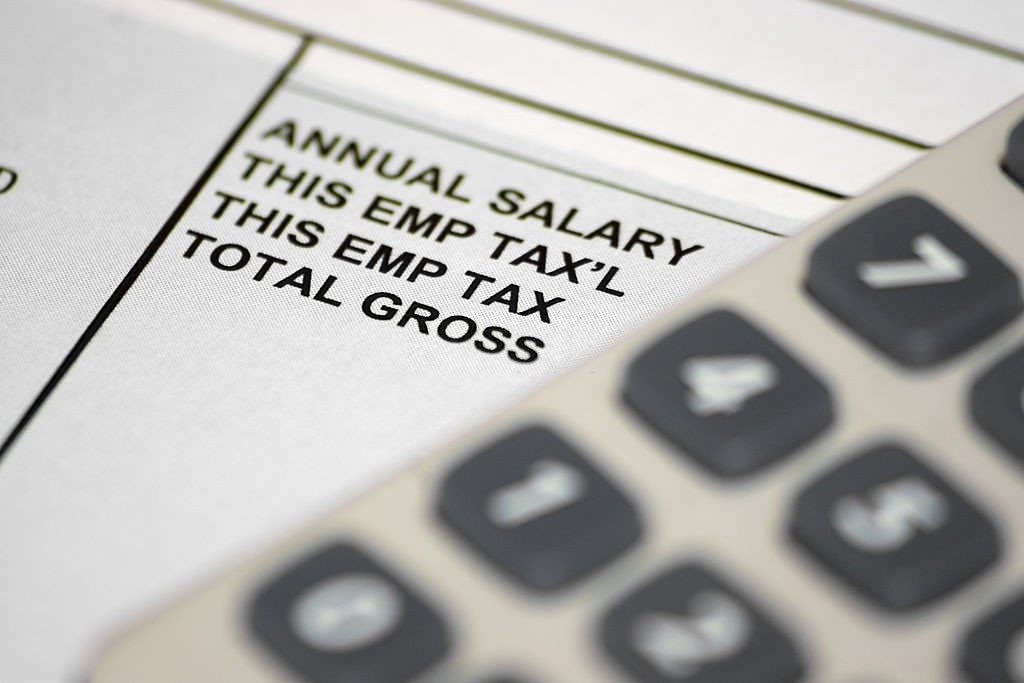When the IRS levies or takes property from the taxpayer, the taxpayer has the right to request that the property be sold within 60 days. This rule applies to more than just stocks. It also applies to cryptocurrency, for example. In Zapara v. Commissioner, 126 T.C. 215 (2005), aff’d, 652 F.3d 1042 (9th Cir. 2011),…
Category: IRS Debts
IRS Debts
Tax debts owed to the IRS, including unpaid taxes, penalties, and interest. Give us a call to see how we can help, (713) 909-4906.
Household Expense Rules for IRS Offers in Compromise
The IRS has broad discretion to settle unpaid taxes. It can compromise taxes for any amount and for any reason–even for no reason. Absent the IRS dropping the ball, the IRS set up a very specific process and rules that it applies in deciding to compromise tax debts. This is the IRS’s offer in compromise…
IRS Appeals Does Not Have to Hold Open CDP Hearing
Our system of income taxes is based on arbitrary deadlines. Income and expense are counted and tax computed on a set interval, whether calendar year, fiscal year, or a 52-53 week tax year. Tax returns are filed three, four, nine or ten months later. Audits have to be done within three years usually unless extended…
Offer in Compromise: Documenting the Value of Assets
The IRS has a structured process for settling tax debts. This is handled through the IRS’s ‘offer in compromise’ program. The program itself has several different sections or workstreams. The primary workstream is the ‘doubt as to collectiblty’ workstream. This refers to offers that are submitted by taxpayers based on their inability to pay. Assuming…
Discharging Tax Debts in Bankruptcy: The Three-Year Lookback Period
Tax debts in bankruptcy are a weighty and serious topic. Statistics show that in 2019, over 770,000 individuals filed for bankruptcy in the United States, and approximately one-third of those involved some type of tax debt. This highlights the common struggle individuals face in paying their tax obligations. Bankruptcy is a common method for resolving…
The Disqualified Employment Tax Levy
Taxpayers generally know that an IRS levy is not a good thing. Most have some sense that it can affect their financial well-being. If they have not been subject to an IRS levy, this may be all they really know about it. The term “levy” is a verb that, in the context of the IRS,…
If a Trustee Owes Taxes, Can the IRS Seize Trust Assets to Satisfy the Tax?
The IRS has broad powers when it comes to collecting unpaid tax debts, but its authority is not without limits. For example, there are limits on what property the IRS can seize if the property is held by a third party. This can include property held in trust. Consider the situation where a father creates…
Navigating IRS Collections During an Economic Downturn
The financial downturn has left many taxpayers struggling with unpaid tax debts just as IRS collection efforts ramped up. Though a challenging time, the economic turmoil also created opportunities to negotiate with the IRS from a position of strength. Negotiating with the IRS is always challenging. But with proper diligence and records, taxpayers can use…
IRS Collections for Payroll Taxes & Single Member LLC Owners
The IRS has broad collection powers. These powers generally trump state law. This is even true of state Limited Liability Company (“LLC”) rules that prevent parties from suing or reaching the LLC’s assets. There are nuances to these rules when it comes to income and payroll taxes. The payroll tax rules have changed completely. Many…
Aggressive State Tax Collections
If you owe back taxes, the general rule is that you pay the state and then negotiate with the IRS. The reason for this is that the states are particularly aggressive when it comes to collecting back taxes. Some states are more aggressive than others. And their practices vary over time. In the event of…










